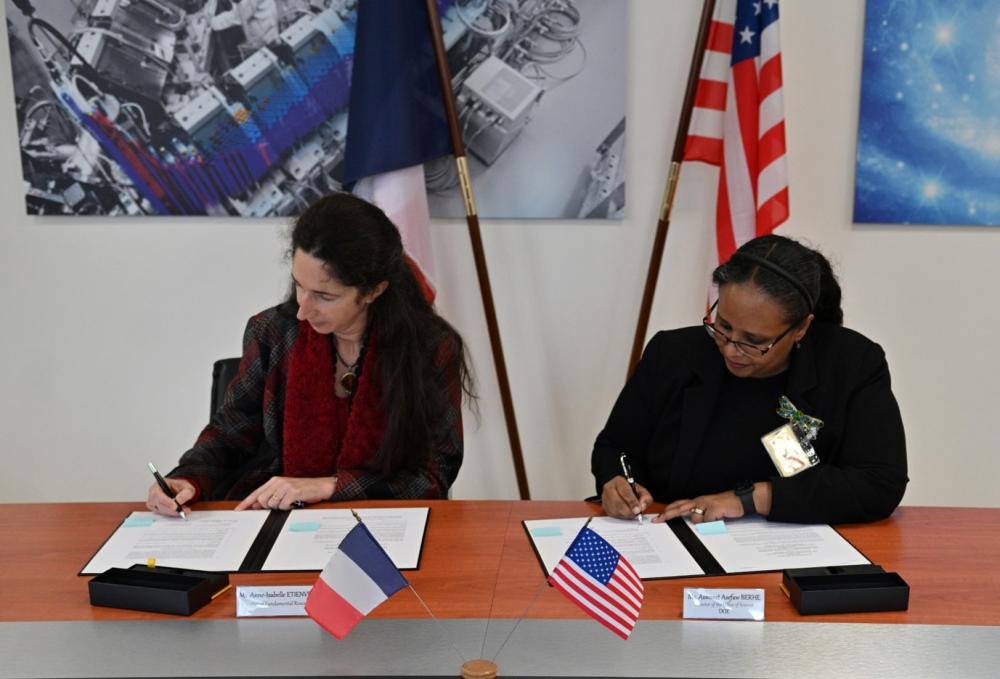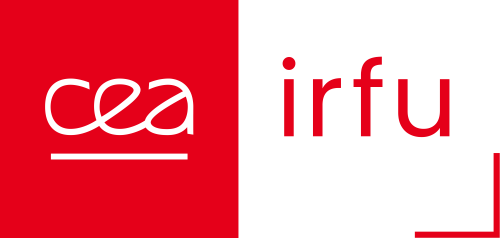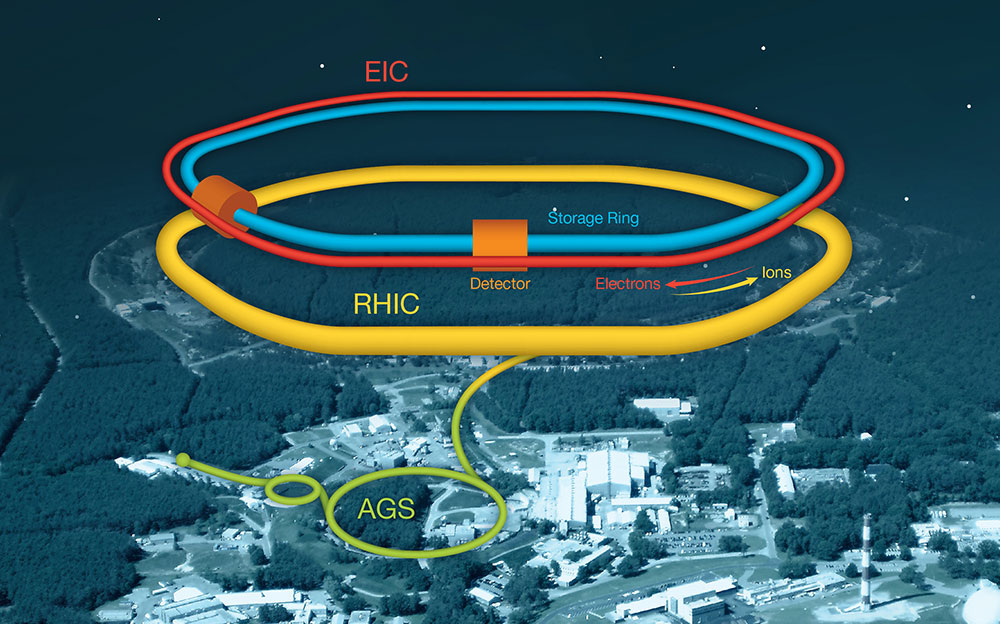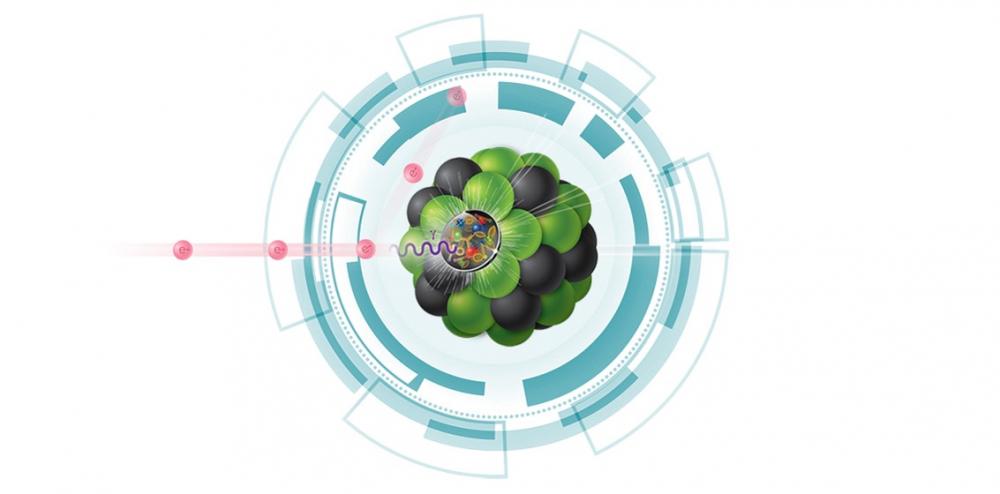
Anne-Isabelle Etienvre, Director of Fundamental Research at CEA, and Asmeret Asefaw Berhe, Director of the DOE Office of Science, signing the agreement (photo credit X.Coppolani/CEA)
The CEA and the DOE have a long and fruitful collaboration in many fields, including fusion, high-energy physics and nuclear physics, with ongoing projects bringing the two organisations together in these different areas.
On Monday 13 November 2023, CEA and DOE signed a “statement of interest” to strengthen their collaboration in accelerator and detector science and technology in preparation for the construction of the Electron-Ion Collider (EIC) based at Brookhaven National Laboratory.
The Electron-Ion Collider (EIC) is a U.S. Department of Energy (DOE) project, based at Brookhaven National Laboratory, that will enter the construction phase in 2025, aiming for operation in 2031. The EIC will use RHIC's existing ion accelerator, combined with a new accelerator system for electrons, to enable collisions at energies up to 140 GeV in the centre of mass (see figure opposite).
This unique machine will probe the internal structure of nucleons and nuclei with unprecedented precision, providing insights into quantum chromodynamics (QCD) and open questions about the fundamental building blocks of nuclear matter. Current research at IRFU focuses on studying the properties of nucleons through experiments at JLab and CERN. The EIC, a natural extension of this work, is a priority in IRFU's roadmap.
• Structure of nuclear matter › Quarks and gluons hadron structure
• Accelerators, Cryogenics and Magnetism Division (DACM) • The Electronics, Detectors and Computing Division • The Nuclear Physics Division • The Systems Engineering Division





